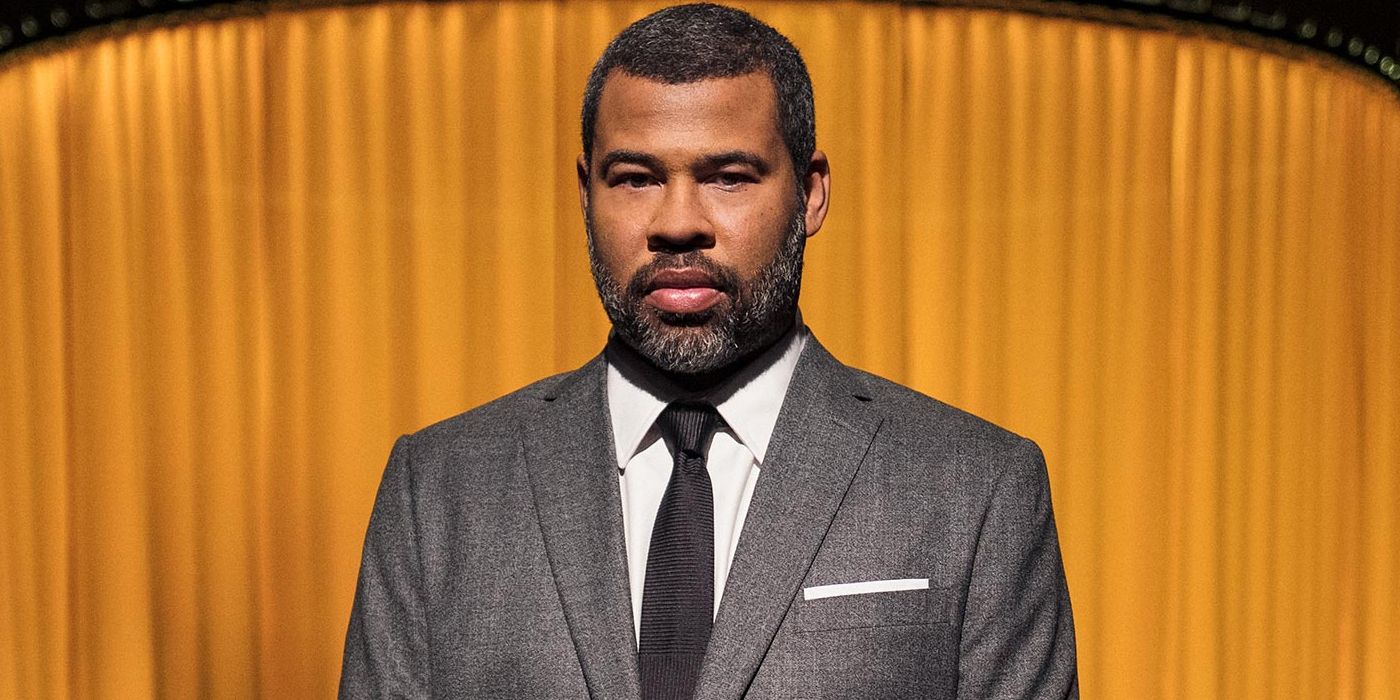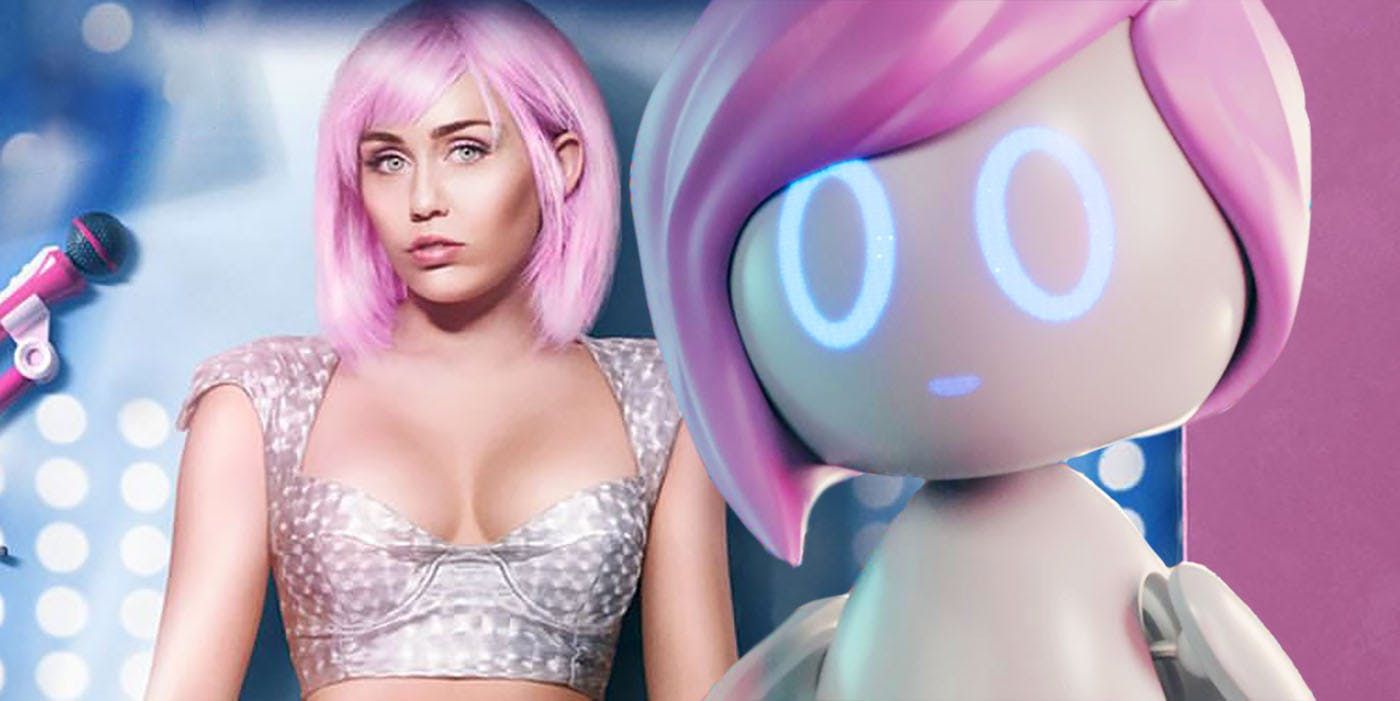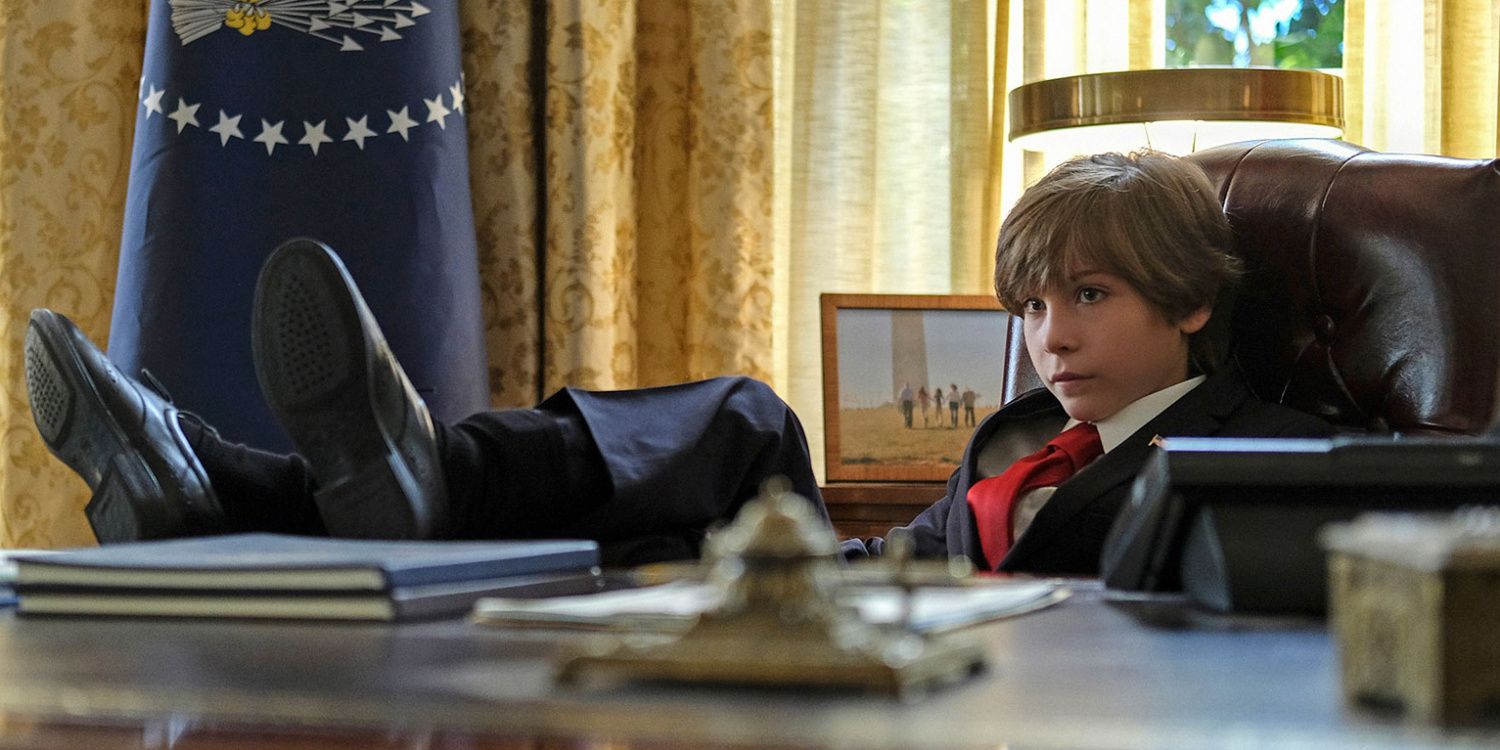WARNING: The following contains major spoilers for Black Mirror and The Twilight Zone reboot.
Charlie Brooker's Black Mirror has become a global phenomenon and one of pop culture's most provocative TV shows ever. Initially airing in Britain in 2011, it's currently one of Netflix's biggest properties, with a fifth season premiering last week.
However, as enticing as the premise of these three episodes were, when it comes to execution and reconciling the overall narrative Brooker and company put out, Black Mirror is now officially dwarfed by another sci-fi TV series that puts us on the verge of existential dread -- The Twilight Zone reboot.
Many thought the latter would be a carbon copy of Black Mirror as it tried to spin modern stories with the classic vibe of Rod Serling, but it ends up being way better in its debut season than what Brooker can churn out at the moment.
In terms of scope, Black Mirror's Season 5 is very limited, as it's just three episodes, all of which feel average at best. "Striking Vipers" details online gaming and marital affairs, "Smithereens" dives into social media harming our mental health and, lastly, "Rachel, Jack and Ashley Too" goes on about young pop stars being abused by the industry and their own management. Unfortunately, Black Mirror's either done these kinds of stories before (and better) or the new batch of adventures simply aren't nuanced enough.
The Twilight Zone, on the other hand, has a lot of depth and variety to it, plus its debut season feels so creative, fresh and original. Sure, it paid homage to old classics with "Nightmare at 30,000 Feet," but we got sadistic twists with "The Comedian," where a stand-up rewrote reality with harsh jokes; "A Traveler," which focused on aliens destabilizing Earth using fake news; "The Wunderkind," which offered a darker take on Donald Trump and "Blue Scorpio, a statement on gun control using a weapon that haunts a man like a ghost. Twilight Zone touches on a broader scope of issues and, with each episode standing alone, by the time you stitch them together, you get a wider world and a tale for everybody's tastes.
And this is what Black Mirror's early seasons felt like, with adventures that transcended past technology and really dove into raw human emotions with something for everyone. We had politics in Season 1's "The National Anthem," which focused on criminals making the British Prime Minister have sex with a pig, and views on the afterlife and artificial intelligence in Season 2's "Be Right Back," which dealt with a woman implanting her dead husband's mind into a robot.
The series also touched on romance in Season 3's "San Junipero," which focused on lovers trying to find each other in a digital construct that acted like a permanent vacation from reality. Vigilante justice was also brought to the fore in Season 4's "Black Museum," which revealed a young girl going on a killing spree after her father was the victim of a hate crime.
In other words, the Black Mirror-verse was once creatively rich and versatile in terms of plots, and filled with diverse, intriguing characters to boot. This season, though, lacks engagement and feels bland. Not a single episode even catches the eye like the one-offs in "White Christmas" or the interactive film "Bandersnatch."
It's a shame to see Brooker's work feel so constricted, because in the past he's done remarkably well with three-episode orders, as per the first two seasons. The older material didn't feel restrained like Season 5, but we can't blame Brooker if he's run out of ideas, as he has done a lot with the franchise. Honestly, it's okay if he's exhausted his creative engines, but he should know that, where Black Mirror slips up, The Twilight Zone was waiting to pounce.
Executive producer Jordan Peele has not only showed he's a master at constantly churning out content on Comedy Central's Key & Peele over the years, he also gave us chilling and gripping stories in movies like Get Out and Us. And so, The Twilight Zone in its 10 episodes (of which probably just three were really average while the others stood out) hit many different notes across a broad spectrum, coming off like the thought-provoking anthology for the social justice we need right now. It blended fantasy, escapism, sci-fi, comedy and horror, but brought in the current world climate so well, it didn't even feel one-dimensional like Black Mirror's latest venture.
Again, Peele evokes and replicates those jaw-dropping moments and plot turns we got in the early era of Black Mirror, and their work ends up being an expansive canvas. More so, The Twilight Zone feels more fluid with narratives that are rolling with the times, as opposed to Black Mirror which is now coming off as stagnant and a vision Brooker is struggling to evolve.



